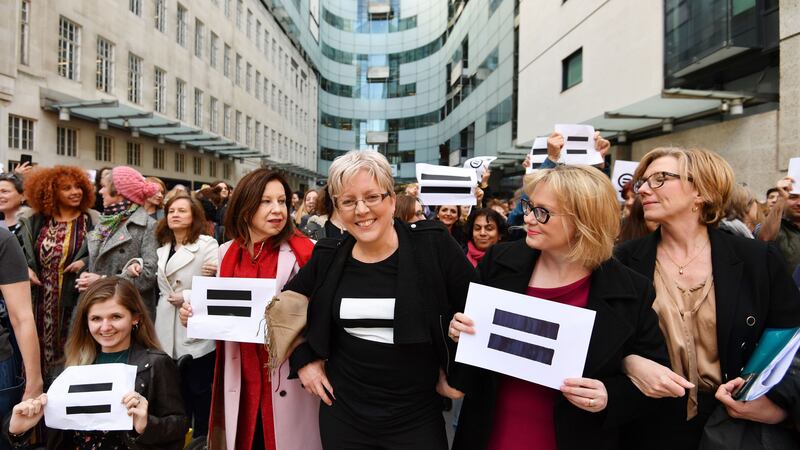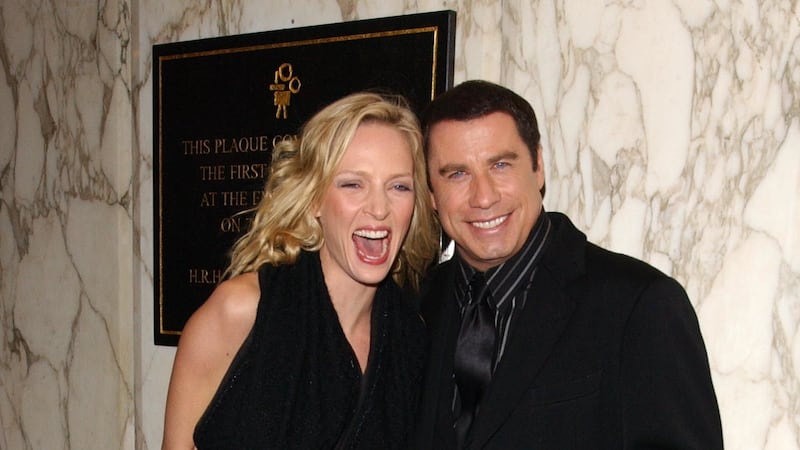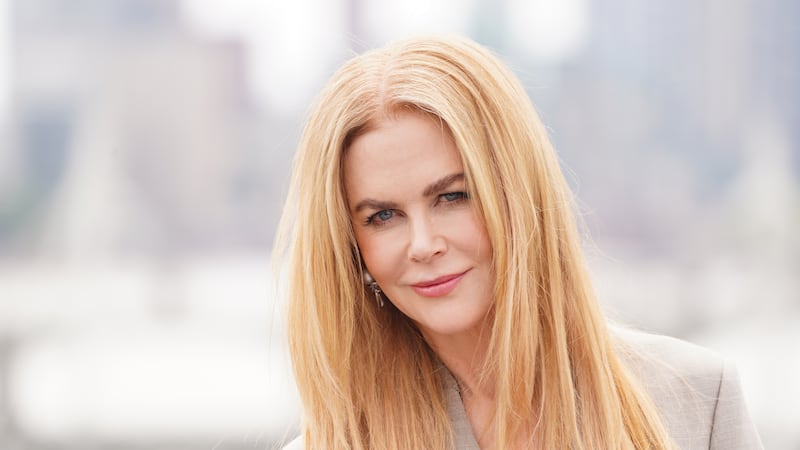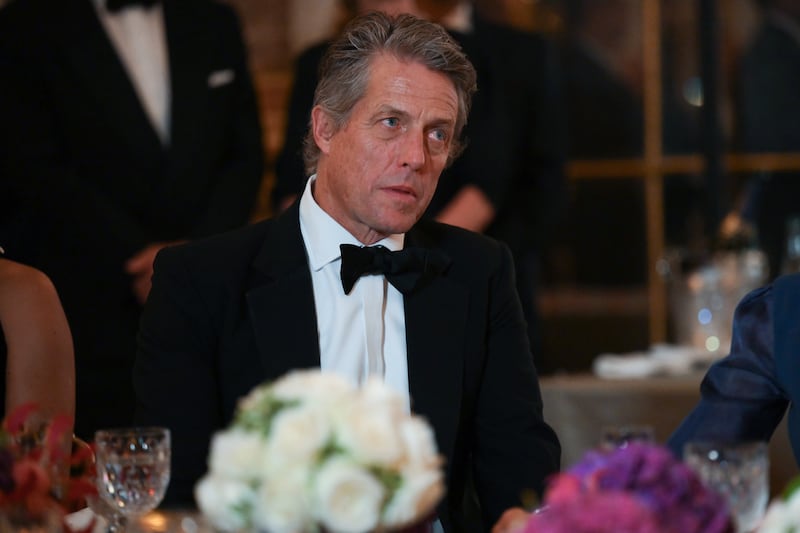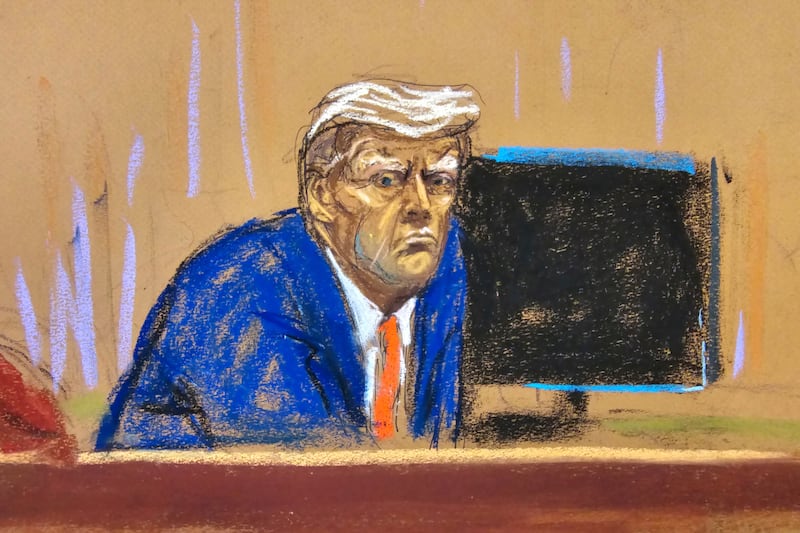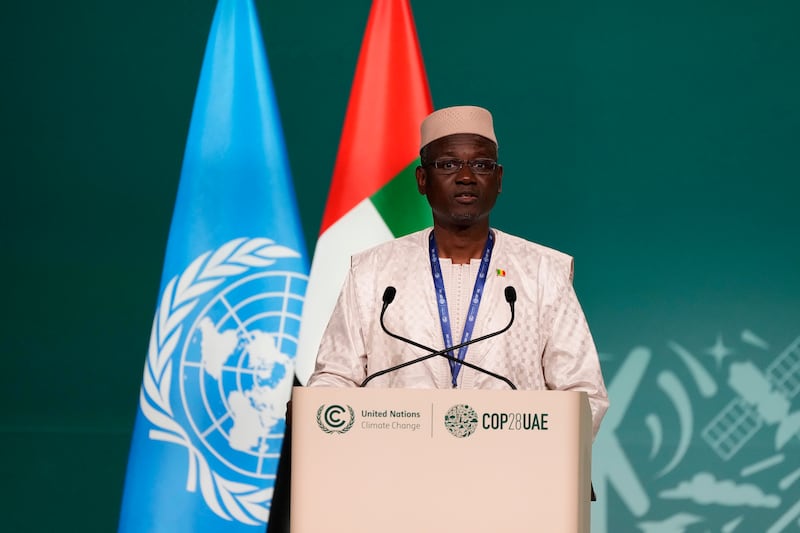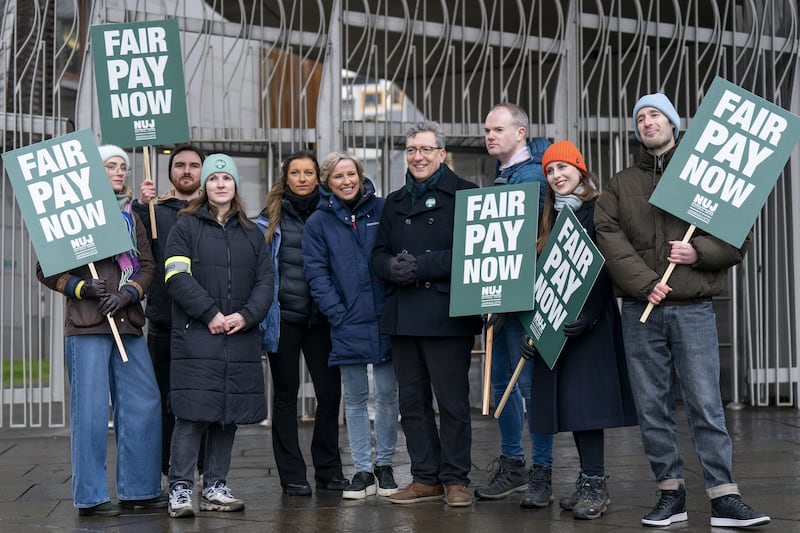Carrie Gracie caused an enormous headache for the BBC as the most high-profile casualty of the controversy over the gender pay gap.
She became a figurehead for other women at the broadcaster when she announced, in an open letter, that she had resigned as the BBC’s China editor in a row over unequal pay.
In the letter, published in January, Gracie accused the corporation of having a “secretive and illegal pay culture”.
The BBC said there was “no systemic discrimination against women”.
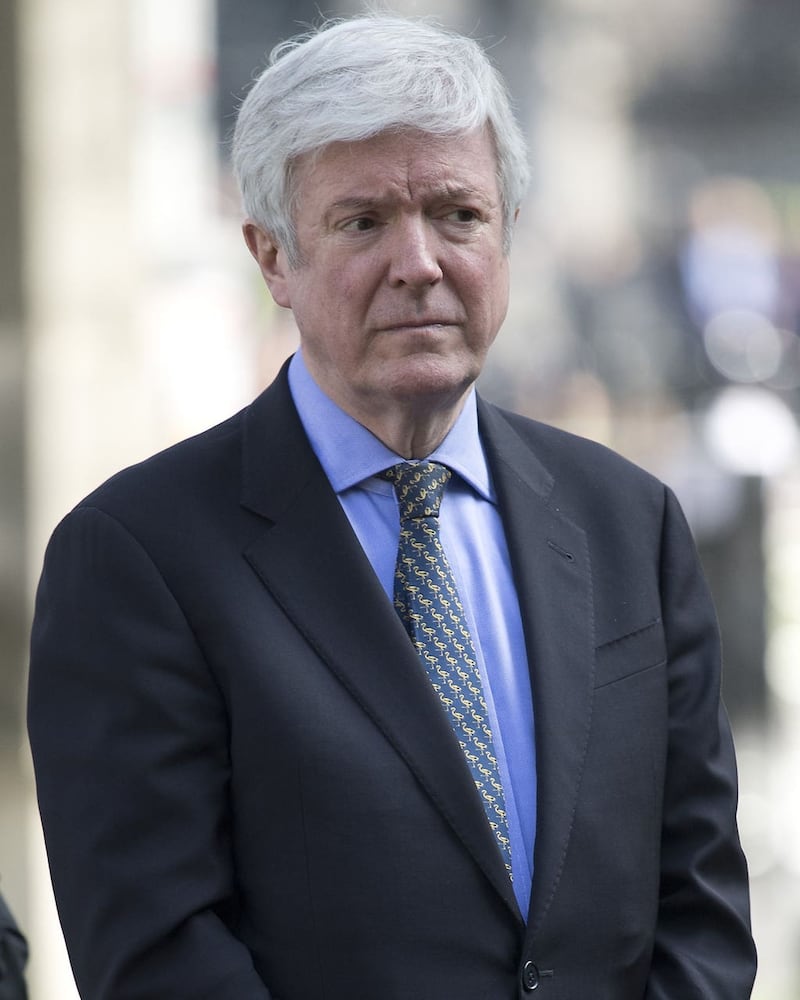
Six months on, it has issued a statement apologising, saying: “The BBC acknowledges that Carrie was told she would be paid in line with the North America editor when she took the role of China editor, and she accepted the role on that understanding.”
The journalist, who has been at the broadcaster for more than 30 years, had returned to her former post in the TV newsroom where, she said, “I expect to be paid equally”.
But Gracie did not move to her new post quietly and later appeared in extraordinary scenes before the Digital, Culture, Media and Sport select committee, which also heard from the BBC’s director-general Tony Hall.
She told MPs of her “shock” at seeing the salaries of her peers after insisting on “equal pay”.
“I knew I’d give the China job every last ounce of my skin and stamina. I knew I would do that job at least as well as any man. And there was no man. There was no other candidate for the job… which is why James (Harding, then BBC director of news), did the bended knee thing,” she told MPs.
“I insisted on equal pay. I thought I had won a commitment to pay parity when I set off to China which is why I got such a shock when I discovered that two men as international editors were being paid at least 50% more than the two women international editors.”
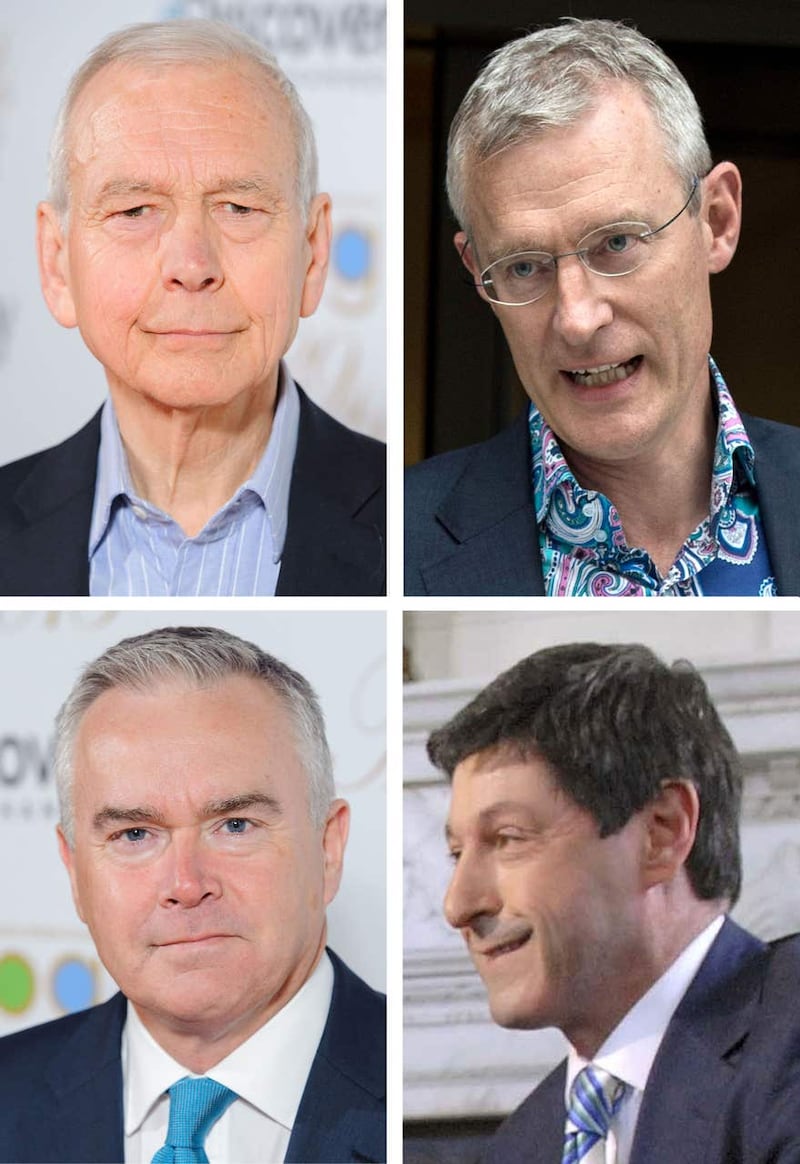
She said she was earning £135,000 before the BBC offered her a rise, which she rejected.
Gracie said she had received the results of her grievance and that the BBC had said it had inadvertently underpaid her since 2014.
She continued: “The thing that is very unacceptable to me is they have basically said in the previous years 2014, 2015, 2016, I was in development.”
The BBC was forced, last summer, to reveal the salaries of all stars earning more than £150,000 a year.
Gracie was not on the list, while other international editors were, with North America editor Jon Sopel in the £200,000 to £249,999 bracket.
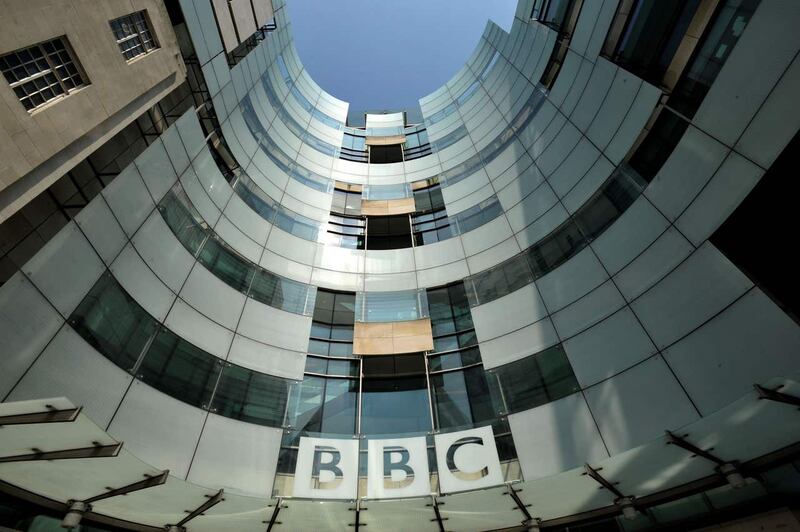
The BBC has since announced pay cuts for some of its male stars, including John Humphrys, Jeremy Vine, Huw Edwards and Sopel.
Lord Hall told MPs that the corporation did not discriminate against Gracie over her gender when it paid her less than men doing similar jobs.
“The range between those two has been too big and I’m sorry about that but there is a difference in the scope and the scale of the two jobs,” he said of the China and North America roles.
A statement issued by the corporation on Friday said: “The BBC acknowledges the specific circumstances relating to Carrie’s appointment, apologises for underpaying Carrie, and has now put this right.”
